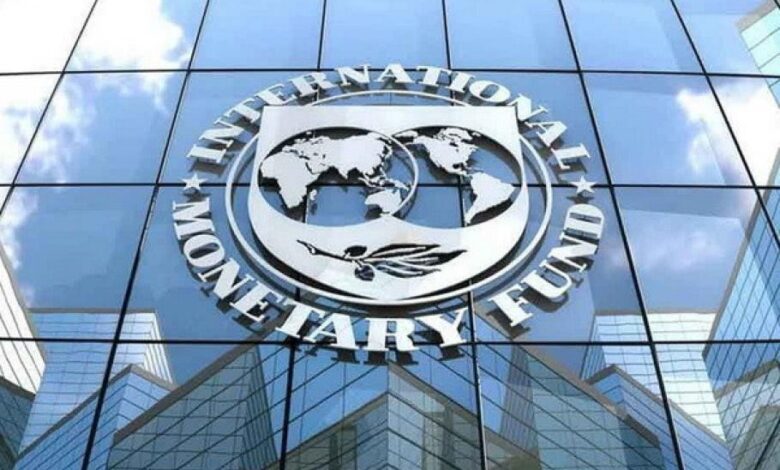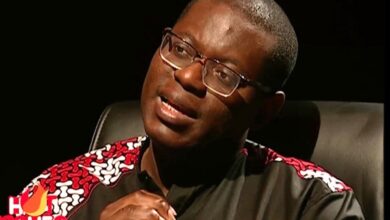IMF Urges Countries to ‘Put Their House in Order’ as Global Growth Slows

Preserving macroeconomic stability, safeguarding debt sustainability, and unlocking stronger growth are now the most urgent priorities for countries worldwide, according to the International Monetary Fund’s (IMF) 2025 Annual Report.
The Fund’s Managing Director, Kristalina Georgieva noted that while the global economy has shown resilience in the face of repeated shocks, the growth outlook remains too weak to guarantee long-term prosperity. The Fund’s five-year-ahead global growth forecast stands at just 3 percent, well below the post-war average of 3.7 percent.
“Low growth and high debt are a dangerous mix,” Georgieva cautioned. “This starts at home and countries can do much to get their own house in order.”
She called on governments to rebuild fiscal buffers, boost productivity, and strengthen financial systems to withstand future shocks. At the same time, she urged nations to look beyond their borders for cooperative solutions to global challenges such as climate change, digital disruption, and trade fragmentation.
Ghana’s reform path
For Ghana, the IMF’s message is particularly relevant. The country is currently implementing a $3 billion IMF-supported program aimed at restoring debt sustainability and stabilizing the economy after years of fiscal strain, currency depreciation, and high inflation.
Ghana has committed to sweeping reforms in key sectors, including energy and cocoa, where inefficiencies and mounting debt have weighed heavily on public finances. According to World Bank estimates, government transfers to cover shortfalls in the energy sector cost the state $1.4 billion in 2024 and are projected to rise to $2 billion by 2026, about 2 percent of GDP. Similarly, reforms in the cocoa sector are seen as critical to reducing fiscal risks and strengthening COCOBOD’s finances.
The IMF report warns that delays in such reforms not only strain budgets but also limit the space for investment in health, education, and infrastructure—areas vital for long-term growth and poverty reduction.
Global reforms, local realities
Georgieva emphasized that while international cooperation is essential, much of the responsibility rests with domestic policymakers. “Countries can do much to get their own house in order,” she said, pointing to the need for fiscal discipline, improved governance, and targeted investments in technology and human capital.
For Ghana, this aligns with government initiatives such as the 24-Hour Economy policy and the “Big Push” infrastructure plan, which aim to spur growth and create jobs. If implemented alongside fiscal and structural reforms, the IMF believes these programs could serve as catalysts for inclusive growth and resilience.
The Fund’s evolving role
The IMF also highlighted its own reforms to better support countries like Ghana. These include maintaining higher lending access limits, strengthening the Poverty Reduction and Growth Trust to support low-income nations, and revising borrowing costs, a move expected to save member states $1.2 billion annually.
“Times change, but our mission remains the same: to promote durable growth, macroeconomic stability, and financial resilience,” Georgieva said. “With the right policy choices, a more balanced, sustainable, and prosperous world is within reach.”
As Ghana continues to navigate its IMF-supported program, the report serves as both a warning and a guide: sustained reforms are not only necessary to stabilize the economy but also vital to securing long-term opportunities for its citizens.




